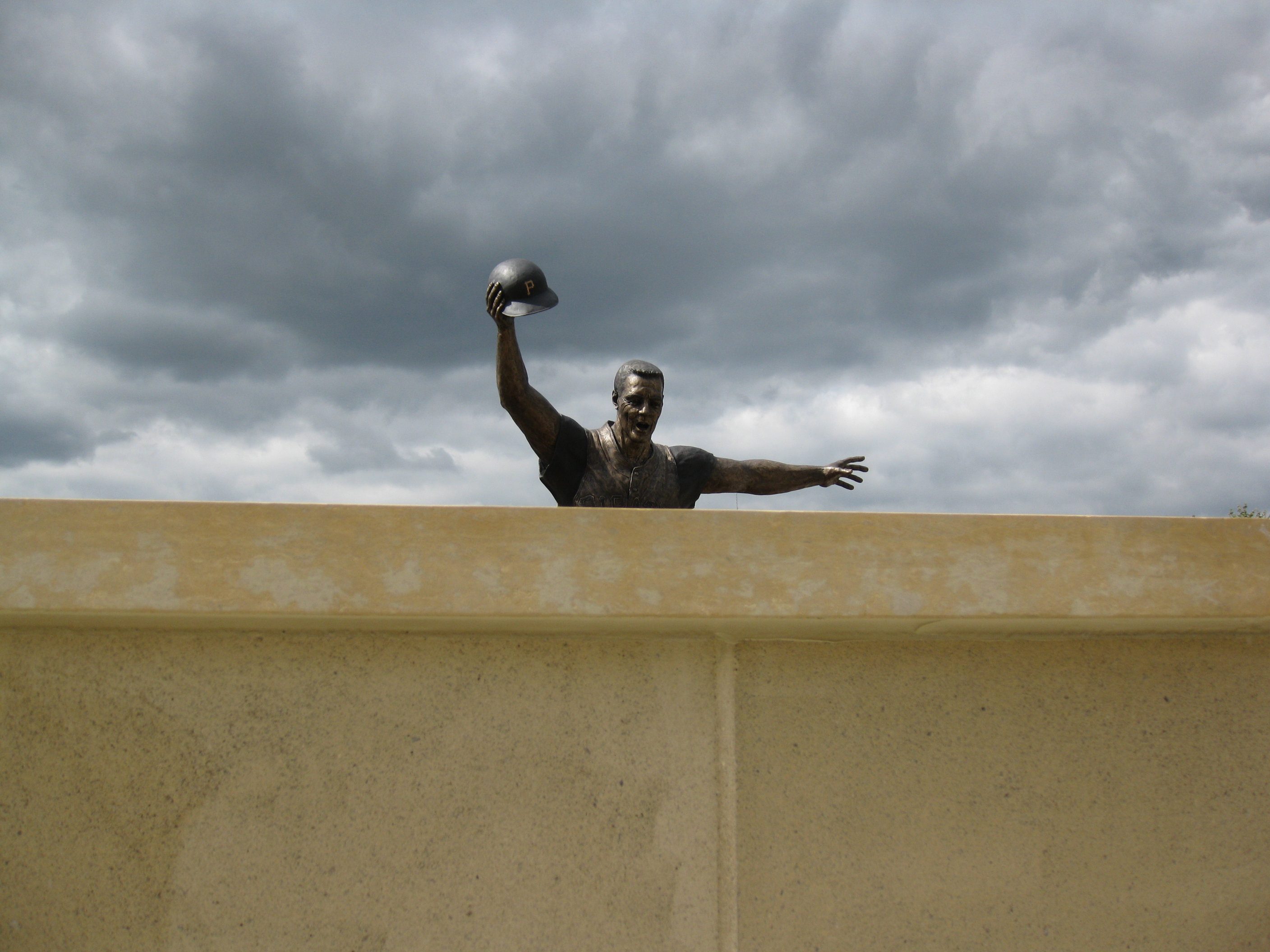How to Un-Demoralize Yourself

You have what it takes to turn life’s challenges into fuel for your future.
“Our lives are pretty much the same,” said my friend Paul with a hint of pride. We were catching up by phone. I had asked him how he was doing during the lockdowns.
Paul lives out west with his family. They live on a homestead on the eastern edge of the Cascades, grow food in their gardens, and have rental property in the nearby town. “We keep getting Airbnb bookings from city people looking to move,” he added.
I’ve been thinking about Paul with admiration lately.
There’s a doom-and-gloom mood in our political circles these days. It comes and goes like the tide. Narratives of decline, dispossession, and anarcho-tyranny loom large as we watch current events and think about the future.
I like to ask a few questions when people talk to me about these issues: What if your doom and gloom scenarios are wrong? What if they are accurate? What are you planning to do about it in the way you lead your life or direct your political activities? Most don’t have answers. They haven’t thought about how to move past it.
So how do we move past it? How do you recover some healthy optimism if you’re feeling stuck in a demoralized mood?
I believe that, like grief, one must go through demoralization and not around it. As you push through it, the path to optimism opens through three things: the right cast of mind, practical preparedness, and bold vision.
Onward toward optimism: creating from everything
The first path to optimism is by adopting a “create from everything” mindset. Think of this as a mindset of empowered improvisation—the ability to take everything life throws at you, create from it, and direct it toward constructive outcomes. There’s a certain confidence that comes with this ability. It’s the knowledge that you can turn any circumstances into beauty, meaning, and positive action. It is not meant to sugarcoat bad events or to operate in a state of denial. Things will suck at times. But you can control your response and perspective. Faith in God is both a proxy for this mindset as well as a path to its achievement. In software development terms, it’s being agile rather than waterfall.
I’ve been reading books on collapse lately. One take-away is that “winning” during these periods isn’t much different than winning during good times. It is living a good life—finding meaning, providing for a family, and keeping a sense of humor regardless of what historical and personal circumstances arise. Another take-away is the cliché that new doors open when old ones close. Having schools go online is inconvenient for many families, but what if homeschooling turns into a huge gift? How can you turn it into one? “Creating from everything” puts you in a more positive, proactive orientation to whatever life throws at you.
This mindset turned one of the most devastating events in my life into the most meaningful. The death of my brother Spencer was the catalyst for me to have a kid. Spencer went missing in the mountains of southern Oregon several years ago. He suffered from mental illness, and after scrambling to look for him and living in uncertainty for a month, his body was found the week before my 40th birthday. As you can imagine, I was devastated. I didn’t feel like celebrating. When the date came around, I was sullen as ever, but I remember asking myself: Screw it—how can I create from this? I said a prayer and received the answer: use this as motivation to have a child. I committed to doing it that day and my son was born a number of months later. Today, I feel incredible gratitude toward my brother and the creation—my son—that came from his passing. The “creating from everything” mindset allowed for this, as pat as this may sound. It shifted my response to the tragedy and my perspective on it.
Onward toward optimism: preparedness
This brings me to the second path to optimism: preparedness. Think of the emotional calm that comes with being prepared to lead a good life despite various potential risks and outcomes. Two concepts you may be familiar with can help you get there. The first is scenario planning, which involves mapping out different plausible futures and thinking about how to manage the contingencies and opportunities in each of them. It’s an easy way to make preparedness actionable. (“Buy guns and ammo” is the meme version of preparedness.)
The second concept is anti-fragility. Being anti-fragile means setting yourself up to flourish and thrive in times of chaos, to come out of bad scenarios even stronger. A good question to ask when mapping out your gloomiest scenarios is: What is the opportunity in this? How could I benefit from it? Preparedness, in other words, is both offensive and defensive. It’s about capturing upside opportunities as much as it is about managing downside risks. Maybe your doom-and-gloom scenarios aren’t as dark as you think.
Onward toward optimism: bold vision
The third path to optimism is thinking offensively about the future with bold vision and radical reimagination. This is hard to do when you’re demoralized, I get that. But keep in mind: It is often at the lowest, darkest moments of demoralization when our most inspired dreams and reimaginations emerge. Dare to push through to that.
I admire the tech community for its focus on solving problems and building the future. While the rest of us complain about schools going virtual due to Covid, innovative startups are facilitating homeschooling pods, improving online education platforms, and pioneering new models of higher education. What if instead of seeing doom in gloom in all the changes of our time, we reframed it as an era of radical reimagination? Can you feel the shift in perspective?
In my view, the American Right suffers from a deficit of thinking about the future. What inspires us? What captures the imagination? One model to emulate is that of French President Emmanuel Macron, who thinks in civilizational terms with his own offensive visions of the future of European civilization. We may not share his vision, but there’s a certain power in Jupiterian thinking. Indeed, the ultimate counter-demoralization strategy is to develop positive, offensive visions of the future — things that inspire and awaken us. “Dream no small dreams,” as Goethe advises.
Happy on the homestead
My friend Paul has thought about these things. He’s structured his life to thrive under different scenarios. He’s not exactly Jupiterian, but he does have bold ideas about the future. Paul’s attitude reflected this when we caught up. He was happy and optimistic. He had a healthy detachment from events in the world. He came across as empowered rather than resigned. Unlike many other political friends, he didn’t seem rattled, demoralized, or in denial.
“You’ve got it all figured out,” I told him at the end of our call. We laughed and then said goodbye.
The American Mind presents a range of perspectives. Views are writers’ own and do not necessarily represent those of The Claremont Institute.
The American Mind is a publication of the Claremont Institute, a non-profit 501(c)(3) organization, dedicated to restoring the principles of the American Founding to their rightful, preeminent authority in our national life. Interested in supporting our work? Gifts to the Claremont Institute are tax-deductible.
Root, root, root for the electors. If they don't win it's a shame.
Part I: Unfettered reason cannot conserve anything.






